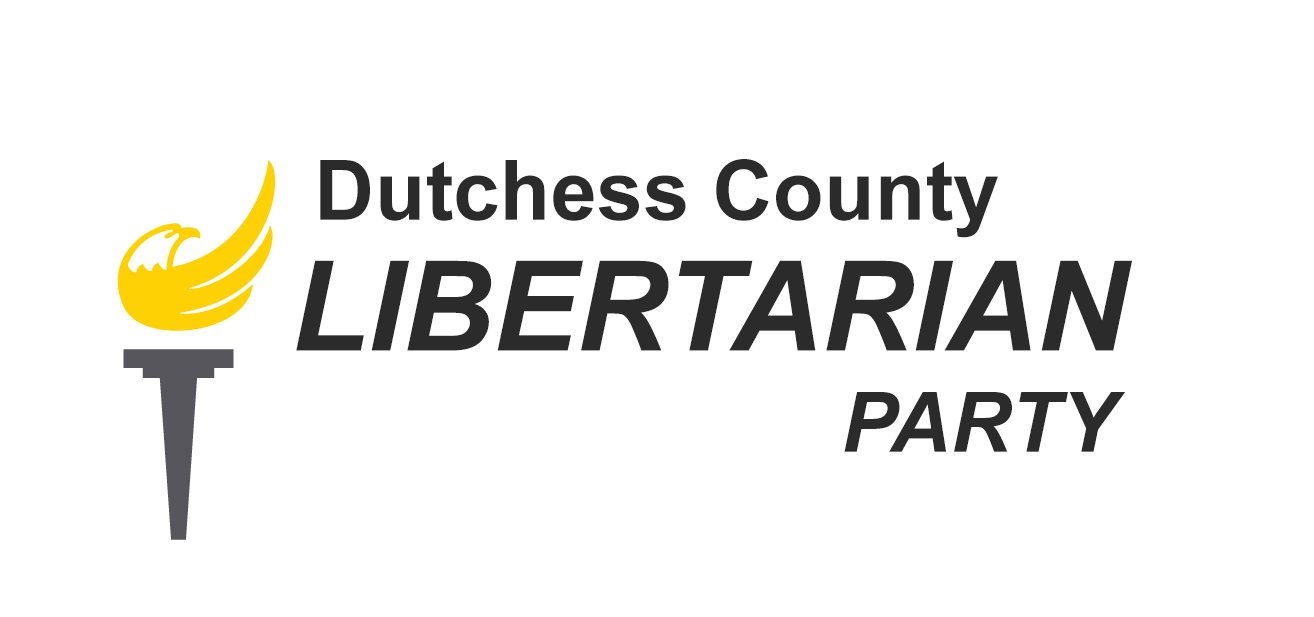Chair’s Take on the Fair Repair Act
This June gains have been made towards a fairer market for consumer electronics. Earlier this month New York’s legislature passed the Fair Repair Act, and a federal homologue currently courses through congressional subcommittees. Though this degree of progress towards markets in which all participants negotiate from positions of relative parity is commendable, New York sacrifices our under-appreciated farmers to achieve it.
Just to dispel any misunderstanding, the “fair repair” in the legislation’s name refers to the repair industry, not end consumers. You as end consumer may always repair a gadget you own if able, and you may take said gadget to someone with the parts and know-how if unable. The bottleneck occurs in the availability of those parts and personnel with know-how since the manufacturers calculatedly limit both. That is why if you have to repair a tablet out of warranty, you take it to the nearest workshop, and they can maybe repair the screen and fix a button on the bezel, but anything else is beyond their means, or deliberately priced out of yours to induce you to purchase the manufacturer’s latest unit. The new statute now creates a marketplace for technical blueprints, components and tools which will reduce costs to end consumers and lengthen consumer electronics’ lifecycle.
But not for everybody. Take the same aforementioned tablet and embed it in a harvester’s dashboard, and suddenly the statute’s exception for agricultural equipment prevents you from going to the nearest workshop. Industry lobbyists — who drafted the exception clauses and purchased the legislators to advocate therefor — made sure to disenfranchise the constituency of farmers by forcing them into the manufacturer’s costly extended warranties and periodic software patches. Not that this will stop them all — New York’s farmers are some of the most resourceful people you’ll ever meet — which means that some future land work will be done by circumventing technical bottlenecks on hacked tractors, affectionately called HACKTors.
So when a man-bunned Williamsburg hipster on the subway is reading on his un-Otterboxed Android — one train car lurch away from another trip to the nearest repair workshop — hopefully between sips from his organic juice box he’ll thank a New York farmer for being his fall guy.
Daniel Donnelly, Dutchess County Libertarian Party Chair
